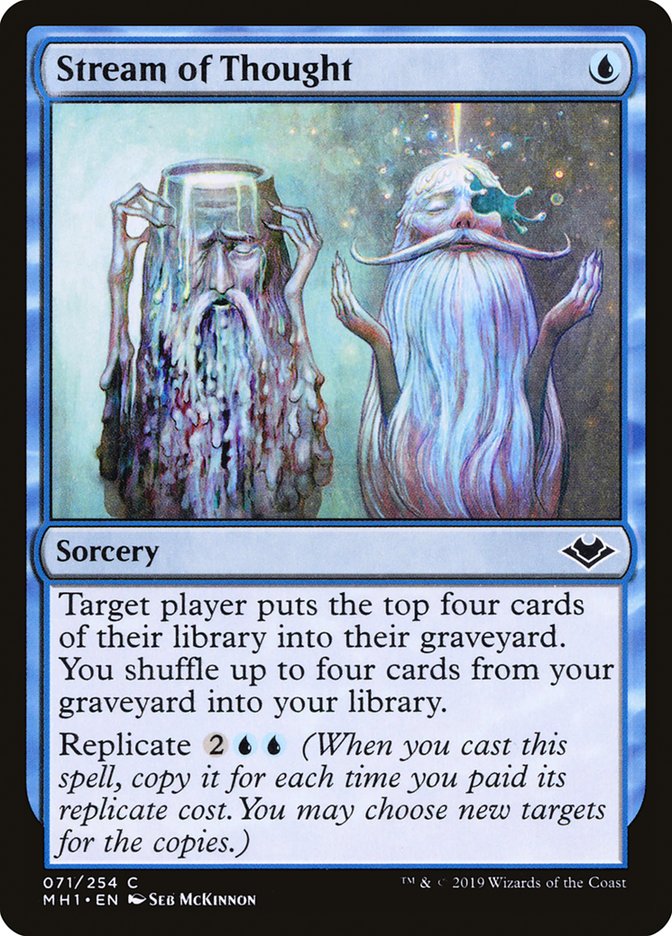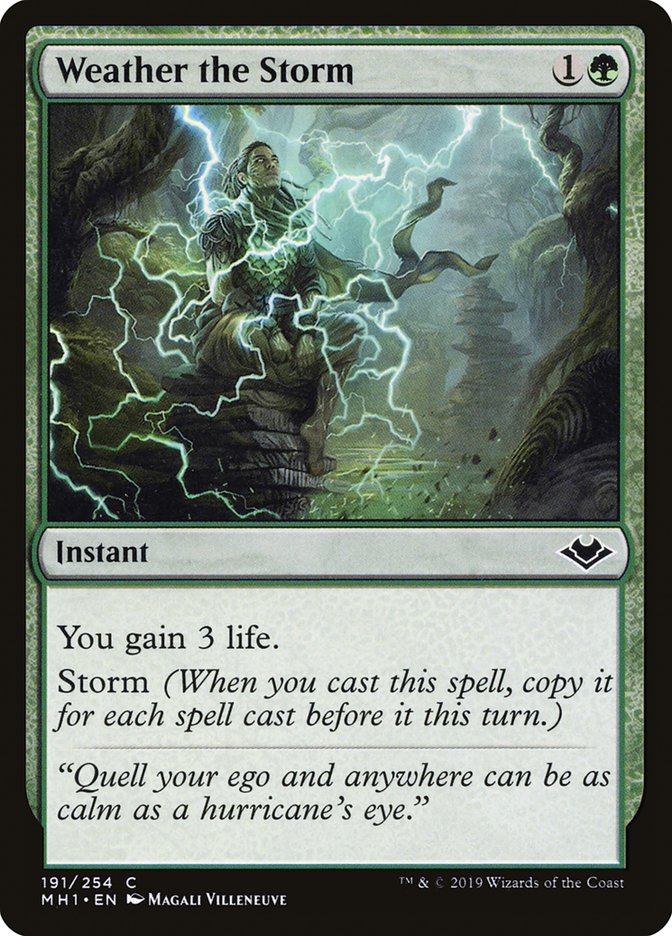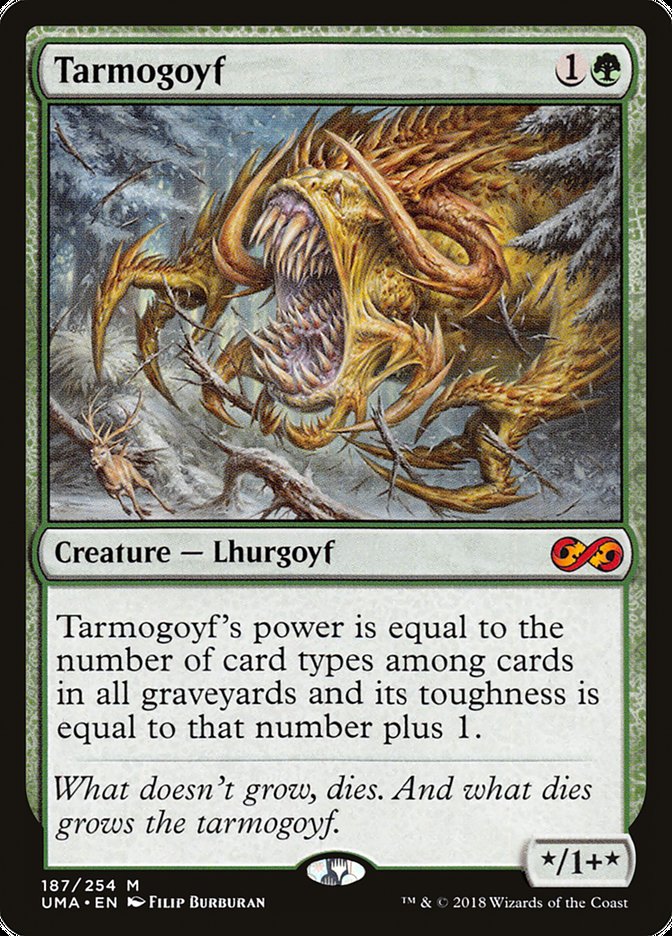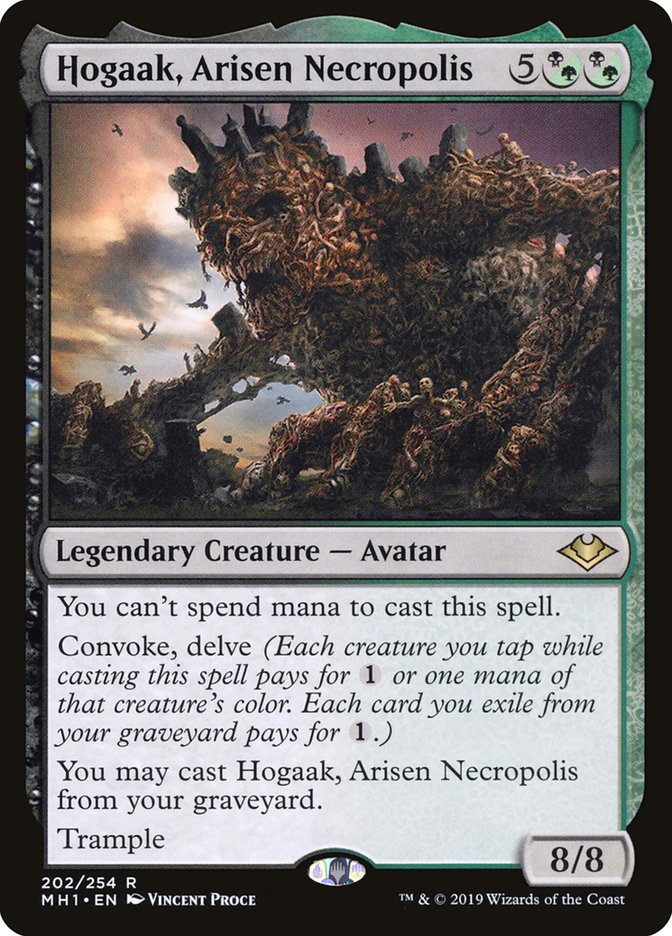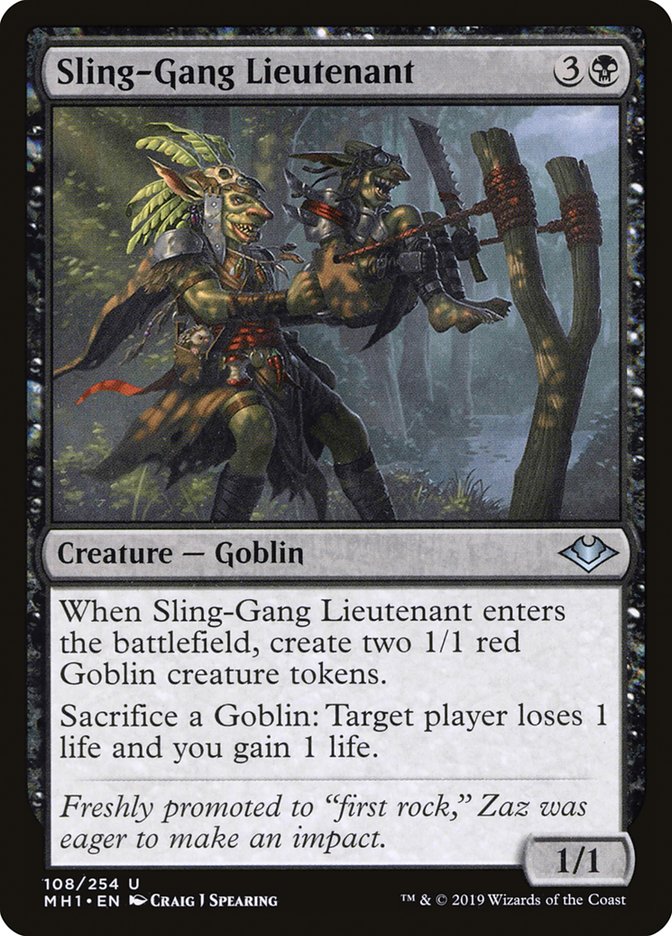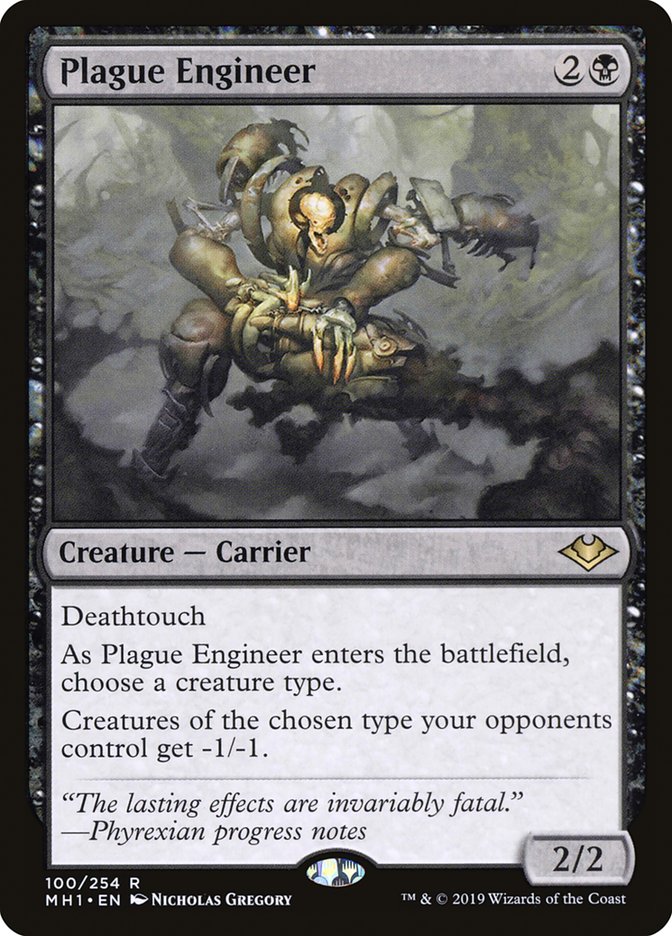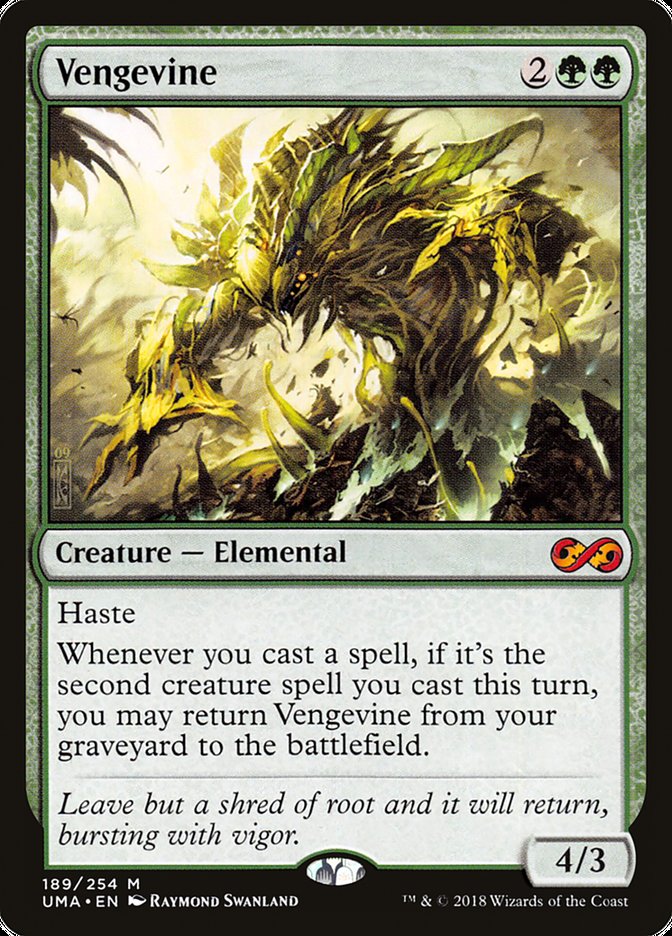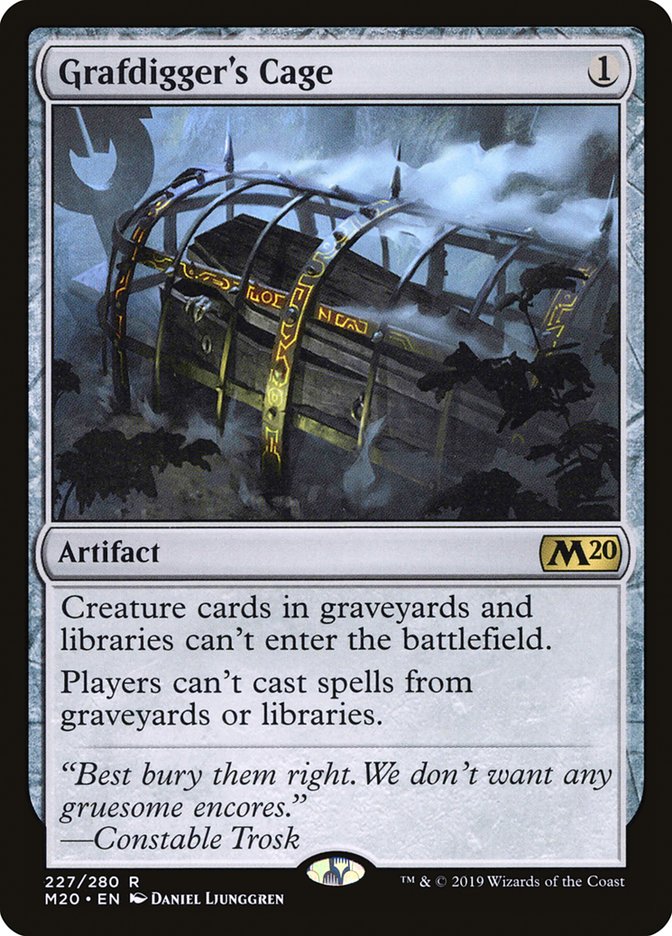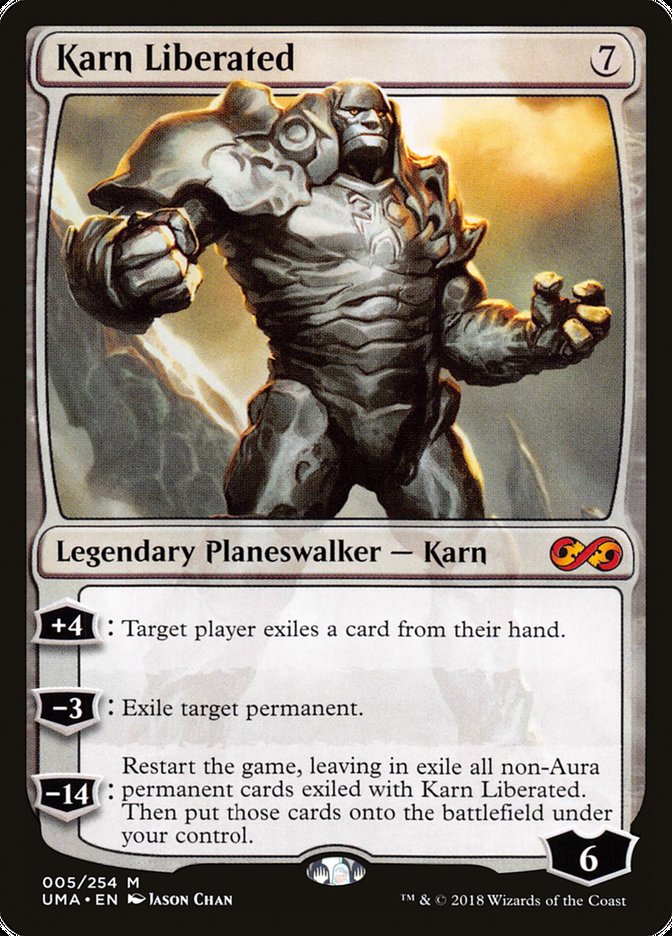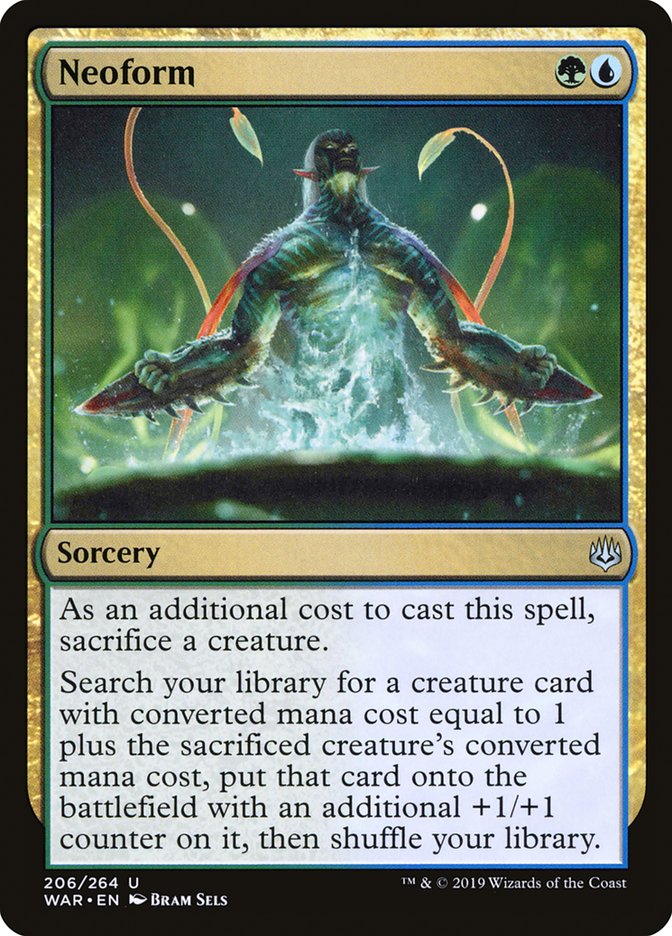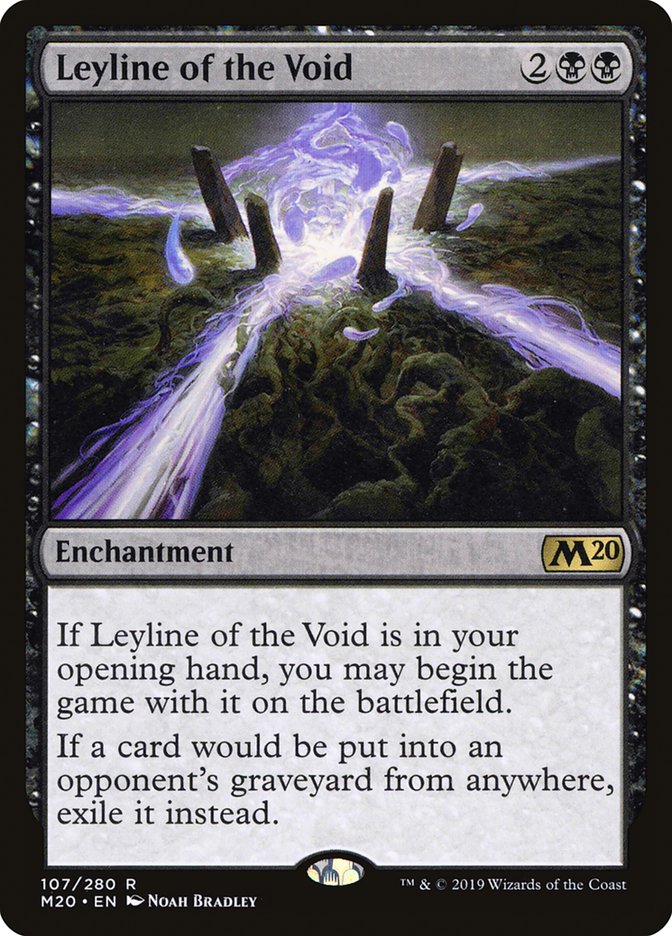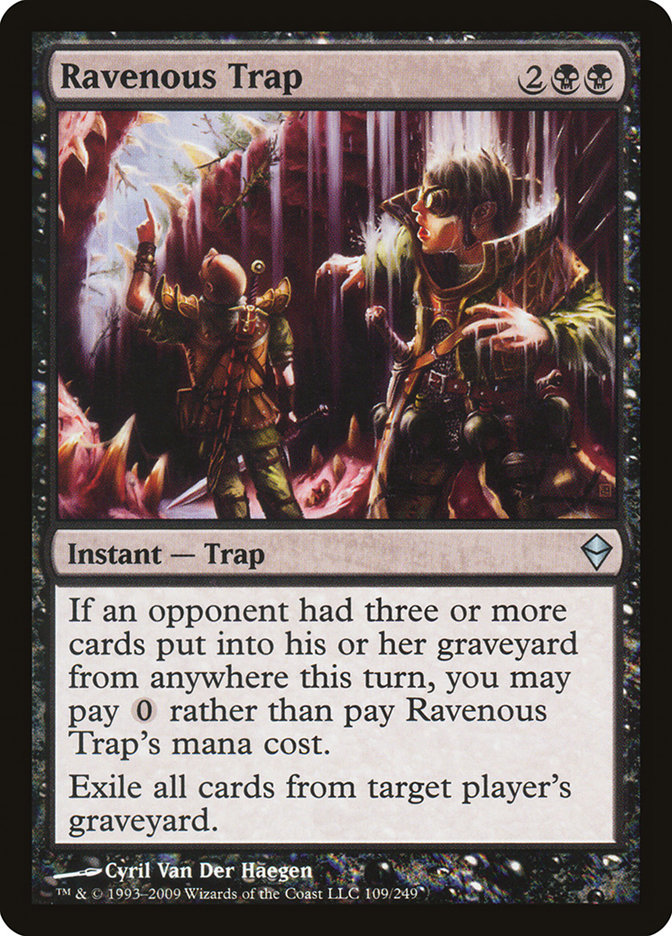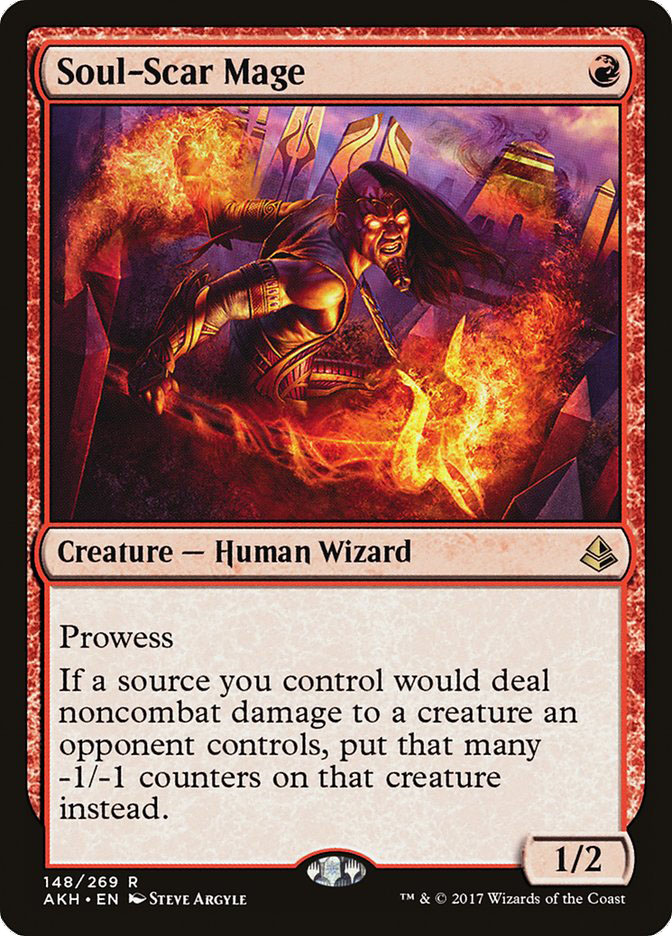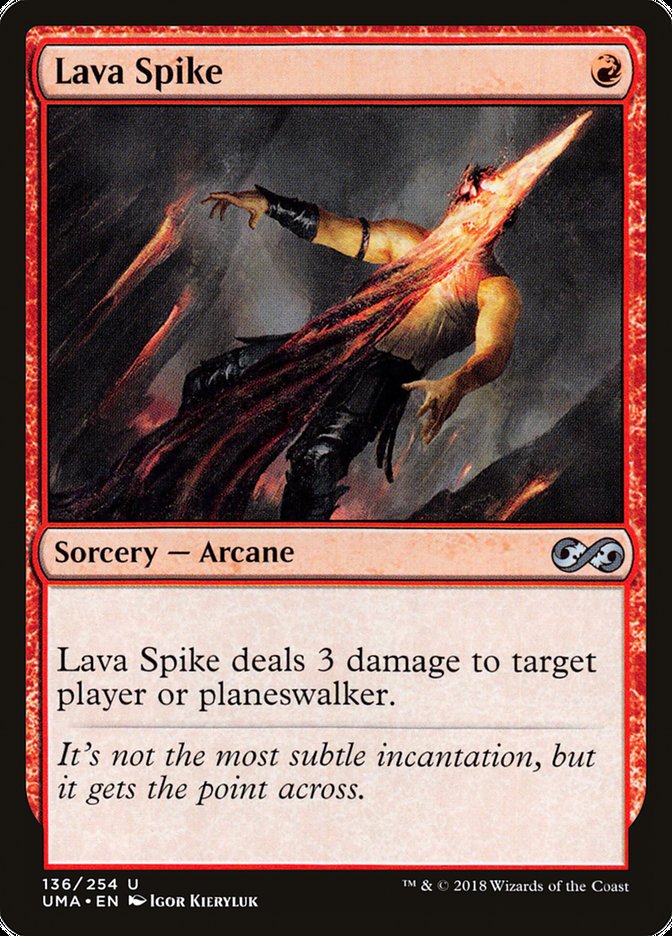The aftermath of a Mythic Championship, like with most tournaments, features players who did well praising their deck choices (after all, it’s hard not to have liked your deck choice if you crushed with it, regardless of whether it was actually good), whilst many players who did badly are keen to hurl their weapon of choice under the bus. Whilst such extreme and immediate appeals to results-orientated thinking are hardly ideal, the alternative of relentlessly insisting that the archetype you brought was unquestionably a good decision to land on, even though you were summarily crushed, is not exactly better.
Regardless of your results, the best thing you can do following a tournament to prepare you for your next one is to engage in a period of brutally honest reflection on the process that led you to your decisions, and on the extent to which where you ended up was ultimately right or not, outside of the results you were met with. Ultimately there’s always another tournament right around the corner and refining your process is the best thing you can do to prepare yourself for the path ahead.
I say this after a particularly rough Mythic Championship IV in Barcelona. It felt like if I could find a good Modern deck, I’d be in an amazing position entering the tournament, as the approach to the Draft format that Sam Black had taught me was as close as you could ever get to breaking a Draft format that had already been out for over a month.
Multicolour Control was something you could reliably force in Modern Horizons Draft, provided you knew the formula to follow and no one else knew what you were doing (which, seriously, no one did), and in exchange you would end up with one of the better decks at the table fairly consistently due to being able to take advantage of powerful-but-niche rares that the other decks simply weren’t as excited by, whilst exploiting as much power as possible out of commons that would routinely wheel.
After narrowly losing the finals of my Day 1 draft to the eventual Mythic Champion Thoralf Severin, I would proceed to hurtle downwards in the standings throughout the Modern portion, only to find myself in a Jund mirror in the 3-4 bracket where both my opponent and I had similar lamentations about our deck choice.
Like I said, it would be easy now to just write my deck choice off as bad, since I did poorly with it, when the reality is Jund overall had a fine-if-not-exciting weekend, putting up fine-if-not-exciting results. Whilst fine-if-not-exciting isn’t really what you’re aiming for in a deck choice, it’s unreasonable to be too harsh on yourself for this.
Still, reflection is an important part of growth, and hopefully the manner in which I ended up on Jund can serve as a case study to help show how to reflect effectively in the aftermath of a tournament on the thought processes that led you down the path you followed. So, let’s look at some of the thoughts that went through my head in the run-up to deck submission, see what an effective way to question these thoughts looks like, and see what lessons we can take away from this process.
What was the level of competition like from the people you were playing against when preparing? What about the metagame and decks you faced during this preparation? Do they feel representative of the tournament you’re going to enter? Are you choosing to count matches you only won due to clear misplays or bad sideboarding on your opponent’s part, the sort of thing that you’ll run into much less often in a competitive environment?
It’s very easy to end up counting those mirror matches you went undefeated in by outplaying worse competition, and similarly easy to discount those losses you’ve taken against Your Worst Matchup because you feel pretty happy with most of the other matchups you have in the field – do you just not expect to ever get paired against Your Worst Matchup in the tournament, or…?
As an example, and on a Jund specific note, if a tenth of the matches you’re playing online are against Goblins, consider that this might be unrepresentative of literally any tournament you’re going to play. Whilst you can’t wholly discount this sort of stuff, since part of the power of an Inquisition of Kozilek deck like Jund comes from beating up on random brews, defeating a far-above-normal amount of the 1/1 tribal deck just because you have Plague Engineer in your sideboard should make you a bit more wary of buying into “Well, I’ve been winning a lot” as an argument.
And look, I’m not explicitly saying practicing in Magic Online Leagues or on the Arena ladder to help whittle down deck choices is worthless. The reality is that the majority of people do not have others they can do focused testing against at any moment they feel like it, and for those people (myself included), jamming games against random opponents online is at least a decent barometer for whether the deck you’re playing functions smoothly, feels powerful, has the tools needed to combat certain matchups and so on. But don’t twist an artificially inflated win percentage to try to justify a decision you want to make without any heed as to what the data actually means in the first place.
Expecting people not to bring a supposedly popular deck is very unrealistic (and a little bit nonsense), so instead:
Do you have any reason to believe it might be less popular than expected? What happens in the nightmare scenario that it is way more popular than you expect? How well prepared can you be for that, or are you going to struggle in that field? Do you expect said popular deck to rise to the top of the standings such that you’re more likely to face it when you’re doing well, or sink to the bottom such that if you cross your fingers in the first few rounds, you should be able to largely avoid it? The former is a much worse scenario than the latter, since supposedly your aim is to win the tournament and that involves being on those top tables in the final few rounds.
To apply this line of thinking to my experience preparing for the Mythic Championship, the Hogaak deck was no secret going into the tournament and anyone paying attention should have expected it would be one of the most popular decks in the room. I was personally not fond of Jund’s matchup against Hogaak, as Game 1 without sideboard hate in your maindeck felt almost unwinnable, putting a lot of pressure on you to win both sideboard games despite the Hogaak deck sideboarding in a bunch of artifact and enchantment removal for your Leyline of the Voids and Grafdigger’s Cages.
There are steps I could take to have further helped the matchup (likely involving a move towards Anger of the Gods out of the sideboard), but the fact I registered the list I did shows a certain amount of disregard for the nightmare scenario that very much ended up happening when Hogaak turned out to be over twenty percent of the field. Consulting questions like the ones above makes the risks much clearer and easier to process, and shows the value in maintaining a balanced, reflective mindset throughout your preparation.
The illusion of choice is a powerful draw towards midrange and control decks, and a big part of why these strategies have historically and increasingly underperformed in Modern is because the powerful, proactive strategies in the format are very effective at robbing you of the agency you’re trying to seek by playing such a deck. When you’re facing down a Turn 1 Goblin Guide, natural Tron, or obscenely early Neobrand kills, your decisions can often feel forced as a result.
Just because you’re playing the deck with all the answers doesn’t mean you’re the one setting the pace of the game. Meanwhile, whilst it’s nice to think you don’t have a failure rate playing your midrange deck, the reality is that sometimes that Tarmogoyf you’ve drawn just isn’t relevant to what’s actually happening this game, and sometimes you draw three of them whilst your opponent is over there doing something actually powerful.
This is coming across more harshly than intended, and for what it’s worth, I do think that midrange and control decks have a time and a place in Modern. However, recognise when the arguments you’re using to justify your deck choice are just outright fallacies and be more honest with the reasons behind why you want to play whatever deck it is you find yourself trying to justify registering.
Why don’t you feel capable of playing it at a high level? Do you actually believe you lack the skills to do so or are you just succumbing to low self-confidence or some kind of imposter syndrome? If you genuinely believe the deck is a great choice and also genuinely believe you lack the skills currently, is there enough time before the tournament to practice the deck and become competent with it? Are you overestimating your ability with the deck you’d play instead in an effort to justify this line of reasoning?
I thought Hogaak looked like a really good choice running up to Mythic Championship IV and felt like this deck would perform better in the abstract than Jund would, but in my small sample of matches I had been struggling to win very much with Hogaak. The reality is, though, that I had the time to learn Hogaak if I wanted, and that whilst the deck has lots of strange operations and mechanics, it at least plays games that still somewhat resemble Magic (unlike a deck like, say, Storm, which is operating on such a different axis that learning it in a compact timeframe is highly ambitious).
If you’re skilled enough with one deck to play it at a high level, then, especially with help from those around you, you’re likely skilled enough to learn to play a wide variety of decks at a high level, and not believing in your ability to learn is the first step towards just giving up.
There was a lot of graveyard hate in the Modern metagame running up to Mythic Championship IV. People knew to fear Hogaak, even if most people weren’t aware of quite how much to fear it. So, the big question is, how much do the hate cards actually matter? There are times when bringing a graveyard deck into a room containing half the Leyline of the Voids in the world is just foolish, but effective research would tell you that very few pieces of graveyard hate outside of Leyline specifically are necessarily game-ending, and even Leyline itself has counterplay to it in the form of directly removing it or presenting surprisingly-effective medium beats.
If you have fears like this that are steering you away from a deck, ask yourself how rational and justified those fears are, or whether you just don’t have the evidence to meaningfully back them up.
An additional phenomenon that will warp perceptions and make you more scared of walking into a room full of hate cards is that, when playing against worse opposition (in Magic Online Leagues or what have you), your win-rate with decks that are weak to hate cards is naturally going to drop more relative to decks that aren’t. A worse player is still just as capable of mulliganing to Leyline of the Void but will give up a lot of small edges against your midrange or control deck that really add up over long games. As a result, registering a deck that is vulnerable to certain hate cards (which is a description which seemingly only barely applies to Hogaak anyways) when entering a field of high-level competition looks a lot scarier than it actually is in practice.
This one is on a much more personal note than the previous points, but I am including it for the sake of openness and to show that any reflection you go through is going to be highly personal too.
I suspect, had my testing been more thorough, I could well have ended up playing Mono-Red Prowess in the Modern portion of Mythic Championship IV. It has decent game against Hogaak, as Monastery Swiftspear lines up well against Can’t Block Tribal, whilst also lining up well against some of the decks aiming to beat Hogaak with people cutting lifegain from their sideboards to fit in more graveyard hate. In practice, however, I didn’t even test the deck. I got self-conscious about the notion of people not taking me seriously if I registered Lava Spike for the tournament and so turned my attention elsewhere instead.
Again, this point is much more personal than the others, but looking smart doesn’t get you match wins. Winning feels better than having people respect your deck choice, and the people whose opinions matter will recognise that all Magic decks are challenging to play at a high level and that your Lava Spike deck is every bit as complicated as your opponent’s Cryptic Command deck – just in different ways that aren’t as obvious to someone who has not sat down and thought about the myriad of hidden decision points. That’s not to say choosing Mono-Red Prowess would have necessarily been a good decision, but instead that trying to appease others should never be a part of someone’s deck selection process.
Reflection
I am of the belief that reflection is one of the best ways to improve as a Magic player, and that most people don’t engage with this behaviour nearly as well as they should. I hope that, by looking back on my own decisions in this manner, I can help you reflect in a more effective way also.
The individual points in this article won’t apply to everyone, and there are many, many more things to consider outside of what I’ve presented here depending on your own personal experiences. What I’m really aiming to pass on here is the mindset you need to approach your own reflection with: a mindset of directness and honesty, openness to being wrong and learning and growing from that, and a willingness to explore the thought processes that led you to wherever it is you ended up.


